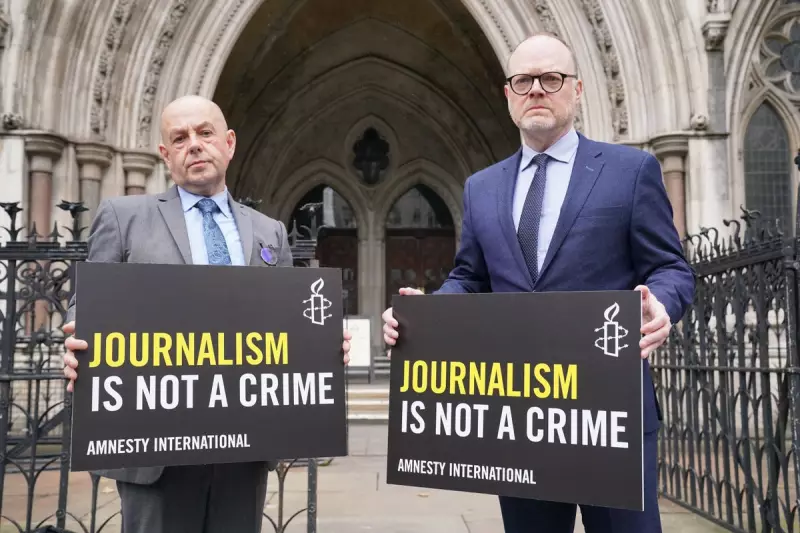
In a significant legal move that could reshape surveillance oversight, a coalition of prominent human rights organisations has launched a formal challenge against the UK's intelligence and policing apparatus. The case, brought before the Investigatory Powers Tribunal (IPT), alleges that MI5 and the Metropolitan Police have been operating a clandestine and potentially illegal data processing system in Northern Ireland.
The core of the accusation centres on the handling of intercepted data. The NGOs claim that for years, sensitive information gathered under the controversial Investigatory Powers Act 2016 has been subject to improper 'thematic' warrants and stored in a manner that flouts legal safeguards designed to protect privacy.
A System Ripe for Abuse?
The claimants argue that the current practices lack the necessary independent authorisation for searching through vast troves of collected data. This, they contend, creates a system where the security services can access highly personal information without robust oversight, effectively functioning as a 'secret' database.
This legal action strikes at the heart of the balance between national security and individual liberty. The NGOs assert that the alleged practices are not just a technical breach of law but a fundamental threat to the rights of individuals in Northern Ireland, a region with a complex and sensitive political history.
What the Tribunal is Being Asked to Do
The case demands that the IPT, the specialised court that handles complaints against the intelligence services, make several critical declarations:
- That the current data handling regimes used by MI5 and the Met Police are unlawful.
- That the agencies have acted incompatibly with the European Convention on Human Rights, specifically Article 8 which guarantees the right to a private life.
- That future operations must comply with stricter, more transparent legal standards.
The outcome of this case is being closely watched, as it could set a major precedent for how surveillance powers are exercised not just in Northern Ireland, but across the entire United Kingdom.






